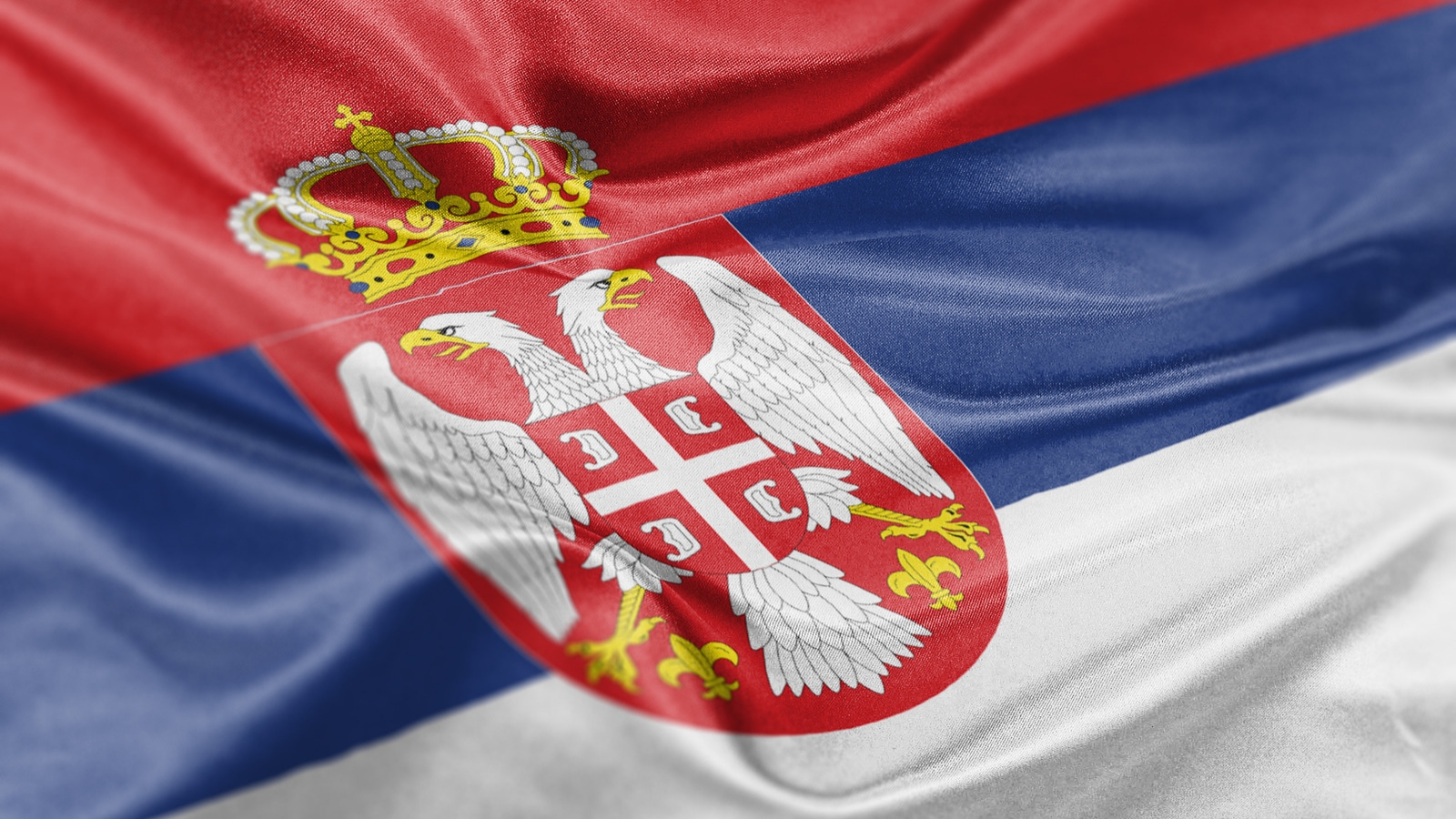In the wake of the tragic collapse of the Novi Sad railway station canopy on November 1, 2024, which resulted in 15 fatalities, Serbia has witnessed widespread protests demanding accountability and systemic reforms.
The incident occurred when a recently renovated concrete canopy at the Novi Sad railway station collapsed, killing 14 individuals instantly and injuring several others, one of whom later succumbed to injuries. The victims ranged in age from 6 to 74. The collapse has been attributed to alleged corruption and substandard construction practices during the renovation project.
In response to the tragedy, tens of thousands of protesters, led primarily by university students, have taken to the streets of Belgrade and other cities. Demonstrations have included silent vigils, marches, and the temporary shutdown of educational institutions, bookstores, and theaters. Participants are calling for the resignation of top government officials, including Prime Minister Milos Vucevic, and demanding thorough investigations into the causes of the collapse.
The Serbian government has taken legal action by indicting 13 individuals, including former Infrastructure Minister Goran Vesic, on charges related to the collapse. These charges encompass serious offenses against public safety and improper execution of construction works. Despite these indictments, public dissatisfaction persists, with many citizens expressing skepticism about the government’s commitment to addressing underlying issues of corruption and negligence.
The protests have not been without incident. In Belgrade, a woman drove her car into a crowd of demonstrators, injuring one person. This act has heightened tensions and underscored the deepening divide between government supporters and protesters. President Aleksandar Vucic has characterized the protests as attacks against the state, attributing them to both internal dissent and external pressures due to Serbia’s alliances with Russia and China. He has called for dialogue with the striking students, who have so far declined negotiations, insisting on their demands for accountability and systemic change.
The situation remains dynamic, with ongoing demonstrations reflecting widespread public demand for transparency, justice, and significant reforms within Serbia’s political and infrastructural systems.











